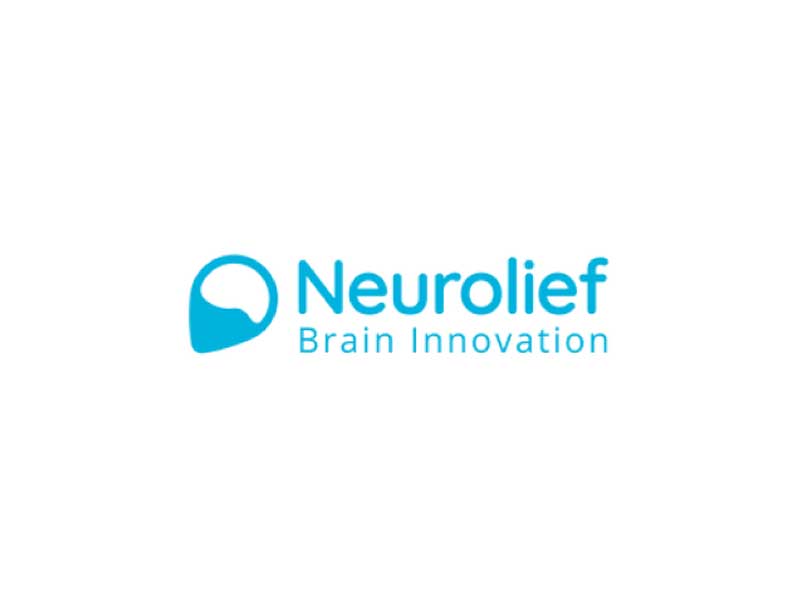Neurolief, a leading developer of innovative brain neuromodulation technologies, has officially announced groundbreaking topline results from its pivotal clinical trial, which studied the efficacy and safety of its revolutionary brain neuromodulation therapy for patients suffering from Treatment Resistant Depression (TRD). According to certain reports, the results came after a double-blind, randomized, placebo-controlled, multi-center clinical trial where a sum of 124 individuals participated across leading medical centers in the United States, with the study primary endpoint being a reduction in depression severity as measured by the Hamilton Depression Rating Scale (HDRS17). Going by the available details, the trial discovered, for starters, a statistically significant reduction in HDRS17 scores among participants who received Neurolief’s brain neuromodulation therapy, as compared to the control group. Next up, the trial would on to reveal how a substantial amount of Neurolief’s beneficiaries were able to achieve full remission from depression symptoms (HDRS17 score ≤7), thus demonstrating the therapy’s profound impact. Another detail worth a mention here would be the stated therapy’s now proven safety profile. You see, the therapy was found to be well-tolerated, meaning there were no serious adverse events related to the treatment. The last major highlight of this Neurolief study was high adherence to the treatment protocol, something which translated to an estimated 95% of patients fully complying with the daily treatment regimen throughout the 16-week treatment period.
“This is such an important study as it shows that patients with depression can effectively treat their depression using Neurolief’s brain stimulation technology at home, under a doctor’s supervision. This will greatly expand access to therapy for people who live far away from medical centers, who are working, have children or cannot travel long distances to the clinic. This non-medication medical technology has no drug-drug interactions or other side effects common with medications. This is a great day for patients with depression!” said Dr. Mark George, lead investigator on the study.
To understand the significance of such a development, though, we must take into account that major depressive disorder (MDD) and treatment resistant depression (TRD) currently affect millions and significantly contribute to disability, economic burden, and reduced quality of life. In fact, MDD is currently the leading cause of disability worldwide, and the given challenge is only made worse in the context of TRD, where patients fail to respond to standard treatments. Such a reality, like you can guess, brings forth prolonged suffering, higher healthcare costs, and increased risk of conditions such as anxiety, substance abuse, and even suicide.
This is where Neurolief’s technology enters the fray. In essence, the stated technology treats major depression by stimulating the release of neurotransmitters in the brainstem and modulating brain networks associated with mood regulation. It effectively banks upon three adaptive output channels to non-invasively transfer electrical pulses to the brainstem via major neural pathways in the head. These neural pathways, on their part, conduct the electrical stimulation to the brainstem and higher brain regions involved in depression. Beyond its core efficiency, the entire therapy is also specifically designed for at-home treatments. It leverages a patient mobile app and a physician interface, as well as cloud-enabled data-tracking features and AI integration, to let the physicians monitor patients, analyze their data, personalize treatment, and therefore, enhance therapy outcomes.
Markedly enough, the technology in question has already received Breakthrough Device designation from the FDA for its technology targeting Major Depression. Moving forward, Neurolief plans on submitting the pivotal trial results to regulatory authorities in the coming months, with the goal of securing approval and reaching commercialization.


